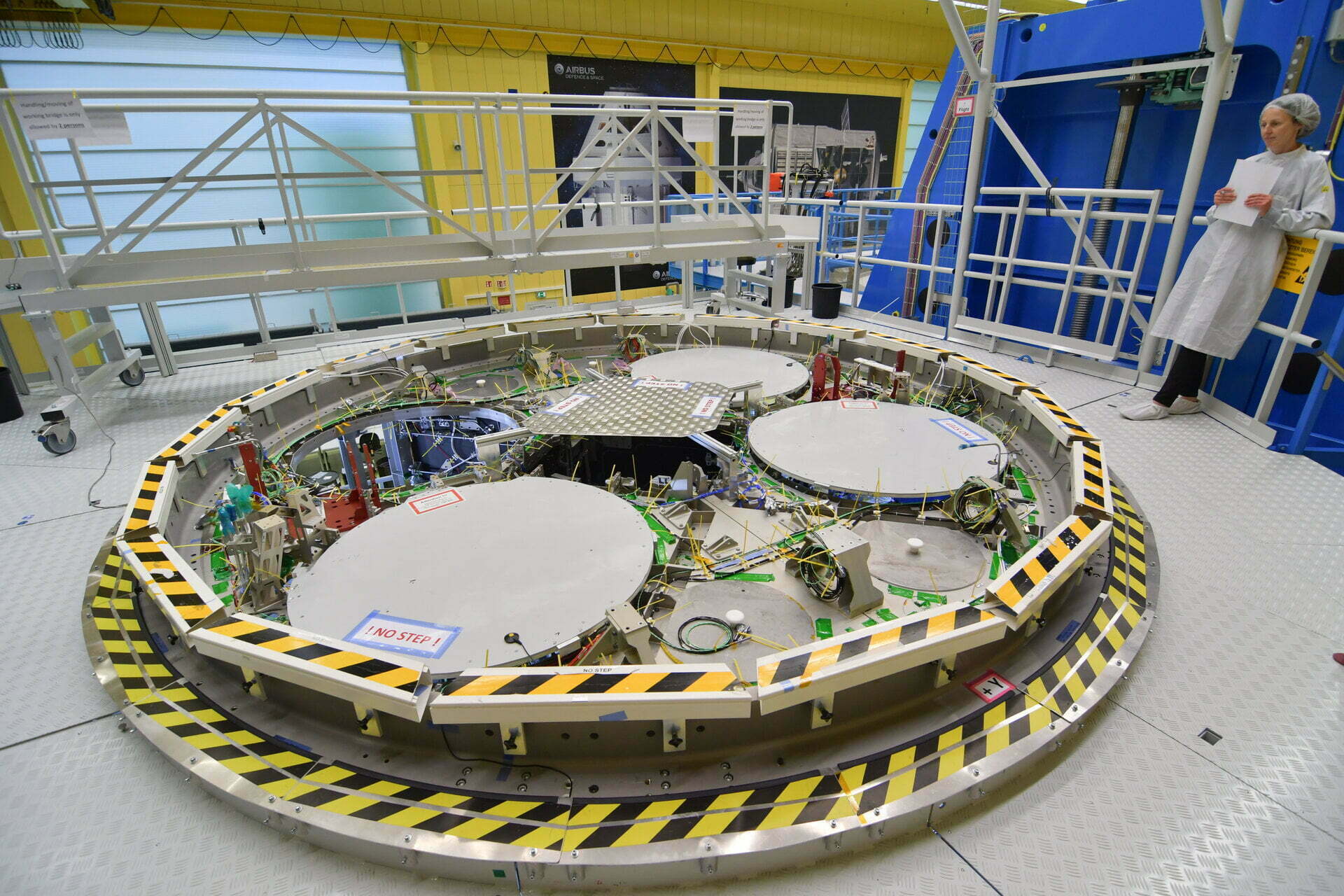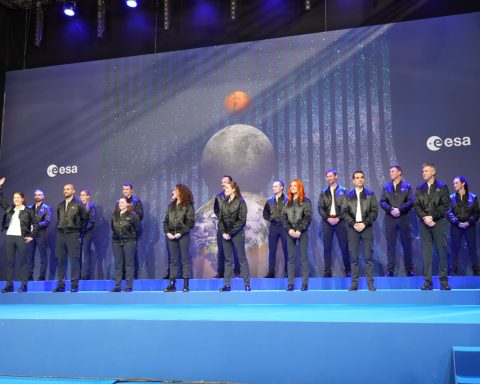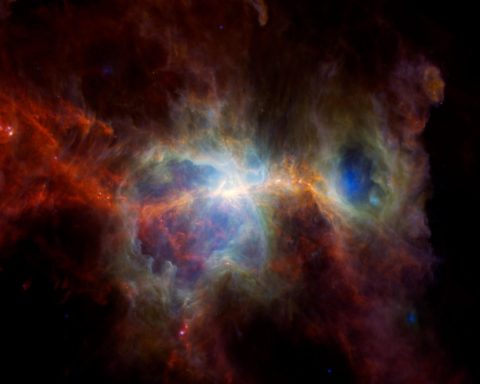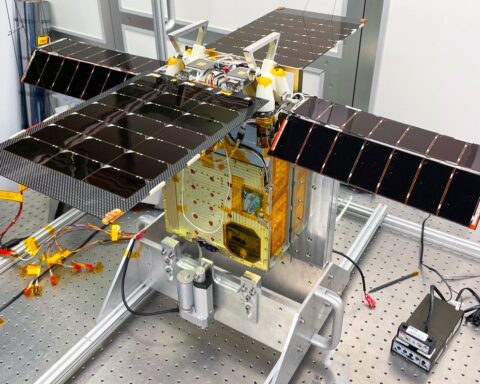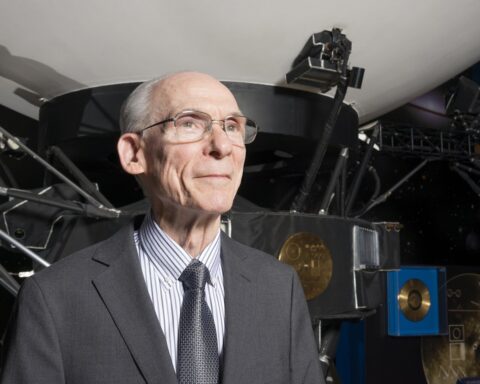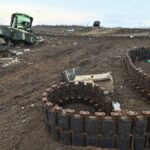The third (pictured) and fourth European Service Modules are currently in production at Airbus facilities in Bremen, Germany. They are a key element of the Orion spacecraft, the first to return humans to the Moon since the 1970s.
Thank you for reading this post, don't forget to subscribe!These modules provide the spacecraft with propulsion, power and thermal control, and will supply astronauts with water and oxygen. The Orion spacecraft is composed of a European Service Module, a Crew Module Adapter and a Crew Module. The latter two components are provided by NASA.
Powering flights to the Moon is a collaborative effort. The components and hardware used in the European Service Modules are built and supplied by more than twenty different companies from ten different countries in Europe.
When ready for launch, each module will have a total mass of 13500 kg, almost two-thirds of which is propellant (rocket fuel). More than 11 km of cables are needed to send commands and receive information from the many on-board sensors. As can be seen in the photo, tie-wraps (yellow) come in handy when it comes to keeping all these cables organised.
The first European Service Module is already attached to the Orion spacecraft and awaiting launch for Artemis I later this year. The second European Service Module has been formally transferred to NASA and is completing integration at the Operations and Checkout building at the Kennedy Space Center. It will be used on the Artemis II mission, the first crewed mission to fly all the way to the Moon in half a century.
By delivering six European Service Modules, ESA is ensuring NASA’s Artemis programme continues to develop a sustainable presence on and around the Moon in international partnership.
Learn more about Orion and Europe’s involvement here. Follow the latest updates via the Orion blog.



